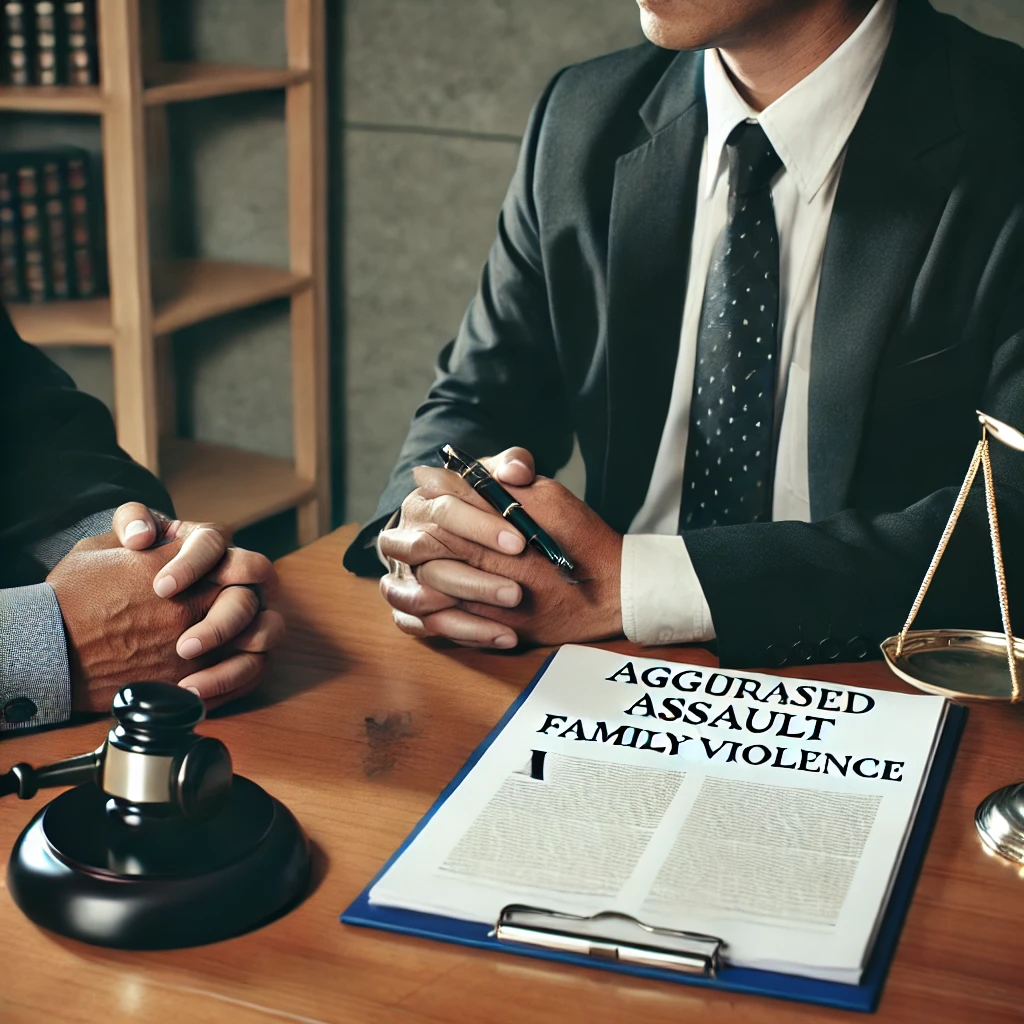Dallas Aggravated Assault Family Violence Lawyer
Bilingual Legal Expertise. Se Habla Español.
Defense for Aggravated Assault Family Violence
Facing aggravated assault family violence charges in Dallas? Get skilled legal representation to protect your rights and minimize penalties.
Call Us: 214-799-3961
Call Now for Immediate Legal Assistance
Our experienced attorneys are ready to defend your rights. Contact us today for a consultation.
Related Family Violence Defense Services
Aggravated Assault Defense in Dallas
Facing aggravated assault charges in Dallas? Victoria Barr Law offers aggressive legal defense to protect your rights and future.
What Is Aggravated Assault in Texas?
Aggravated assault involves causing serious bodily injury to another person or using a deadly weapon during an assault. In Texas, this charge is a serious felony with severe penalties.
Types of Aggravated Assault Charges
- Assault with a Deadly Weapon: Using firearms, knives, or other deadly items during an assault.
- Serious Bodily Injury: Causing permanent injury, disability, or disfigurement to another person.
- Aggravated Domestic Assault: Assault involving family members or intimate partners.
Penalties for Aggravated Assault in Texas
- Second-Degree Felony: 2 to 20 years in prison and fines up to $10,000.
- First-Degree Felony: 5 to 99 years in prison if committed against a public servant, law enforcement officer, or during a violent felony.
Our Legal Defense Strategy
- Challenging evidence, including witness testimony and police reports.
- Proving lack of intent or self-defense claims.
- Disputing weapon involvement or reducing charges.
- Negotiating plea agreements for reduced sentences.
How to Begin Your Defense
- Schedule a Consultation: Meet with our attorneys to discuss your charges.
- Develop a Legal Defense Plan: We’ll craft a defense strategy tailored to your unique case.
- Fight for Your Rights: We’ll represent you in court and work toward the best possible outcome.
Client Success Stories
“Victoria Barr Law fought hard for me and helped reduce my aggravated assault charges. Their legal team was thorough and supportive.” – Michael R.
“Their attention to detail and aggressive courtroom strategy made all the difference in my case. I highly recommend their services!” – Sandra L.
Defense Against Aggravated Assault Family Violence Charges
Aggravated assault family violence is a felony offense in Texas with severe penalties. Don’t face these charges alone—call for legal help today.
